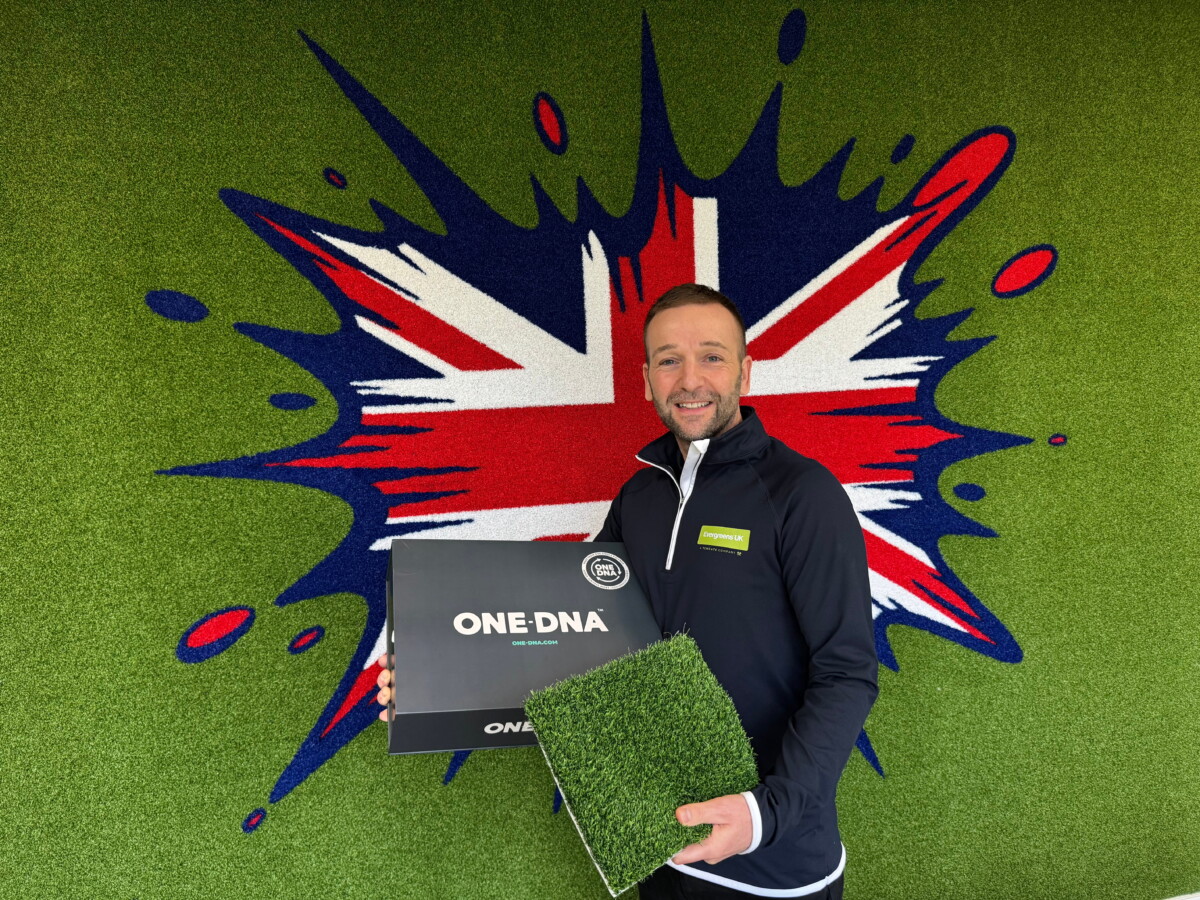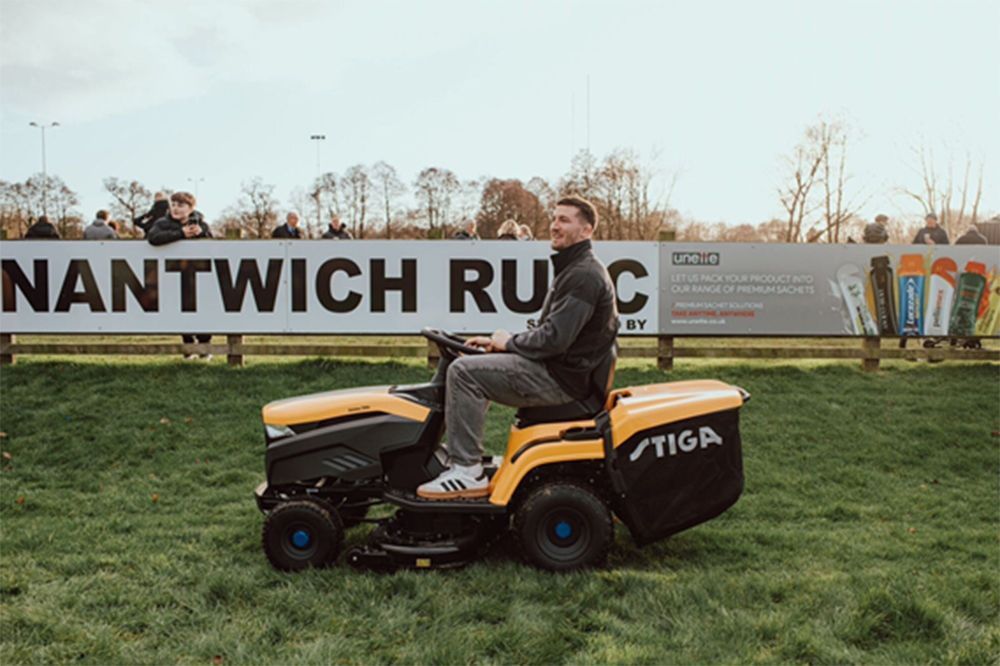The Agronomic Elephant In The Room: Dr Minshad Ansari, left, discusses the Leatherjacket and Chafer Grub problem with Scott MacCallum.
The agronomic elephant in the room over the last 15 years has been what on earth will we do when chemicals we’ve relied upon for decades to ensure our turf can fight back against attacks from pests and diseases are removed from the authorised lists.

We have benefited from the great work being carried out in laboratories across the world to replace those active ingredients, which are no longer with us, with alternatives which have often been more effective and better than what they have replaced.
However, there is one area in which the loss of the recognised chemical has had a major impact on the quality of turf greenkeepers and groundsmen have been able to prepare.
Leatherjackets and Chafer Grubs are relishing the freedom that a chemical-free playground has given them and the damage they are inflicting on turf is enough to reduce the most stoic of turf managers to tears.
It has got so bad in recent times that an Emergency Summit was held by Dr Minshad Ansari, Founder and CEO of Biomena, to pool all necessary expertise and look at what could be done to counter the Leatherjack and Chafer Grubs infestations.

“I’ve been in the industry for 10 years now and seen the widening problem of Leatherjackets and Chafer Grubs but even I was surprised when I saw the damage caused by Leatherjackets at a golf club in Kent. Five greens were completely destroyed as a result of the damage,” Dr Ansari, told Turf Matters.
“Whereas it was very easy to put the chemical pesticide into a tank and go off and spray the recognised active ingredients came off the lists in 2016 and there has been no alternative. The problem is going to accelerate if few don’t do anything,” he explained, of the imidacloprid and chlorpyrifos which have now been banned.
A short term sticking plaster solution has been found with Syngenta receiving emergency authorisation for Acelepryn reapproved for turf for the 2019 season. It has been permitted for use in situations where there is an acknowledged instance of economic damage, or risk of bird strike on airfields and where the product has been recommended by a BASIS qualified agronomist.
The approval will be in place until September 30 of this year.
The Emergency Summit has a host of influential speakers including Professor John Moverley, of the Amenity Forum; Dr Kate Entwistle, and Dr Colin Fleming, and covered topics including Major turf pests and disjeases; the rising threats of plant parasitic nematodes in turf; the biology of Chafers and Leatherjackets; the role of Biostimulants in turf management and root development. Dr Ansari is working closely with Swansea University on biological solutions using nematodes and ensuring that they are utilised to best effect to bring about the most effective outcomes.
“Nematodes do produce results but we have to learn how to use them properly otherwise people will be dissatisfied with the results. There is a way to apply them to get the best results. We are looking at the Leatherjacket and Chafer Grub lifecycle, at which stage they cause damage and at which stage are they most susceptible to nematodes. Learning about the pest is important in order to get the control we are looking for,” said Dr Asari.

“The nematodes can do the job if they are applied in the proper manner – without a problem.”
If there was a key headline to have come out of the Emergency Summit it was that Integrated Pest Management was the solution going forward.
“Whether you have a chemical or biological product you have to use it in such a way that you can get the best control of the pest. There is no single solution,” explained Dr Ansari, who added that better results are achieved by using a wetting agent in conjunction with the use of the nematodes.
Should the status quo remain, more golf courses will be rendered unplayable, or less enjoyable to play, and the work being carried out to find means to resolve the problem is welcome and necessary.


























